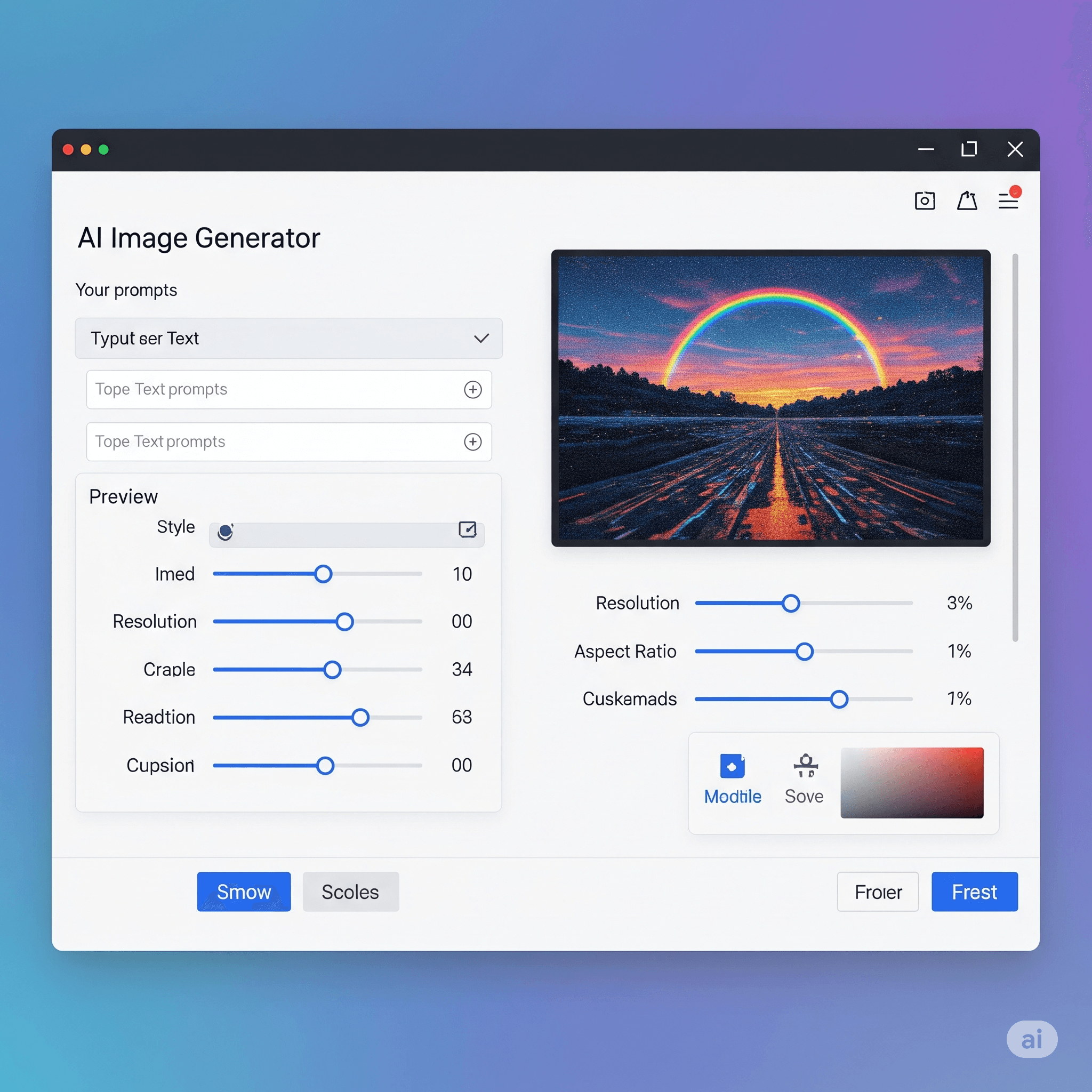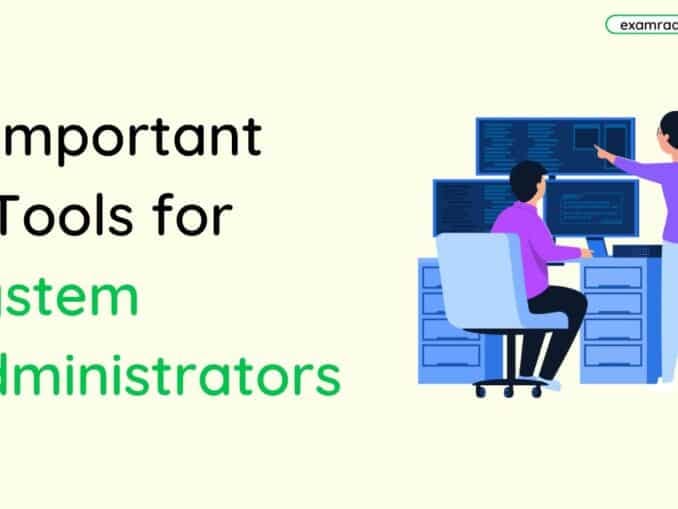Question: DHCP stands for
Answer:
- DHCP stands for "Dynamic Host Configuration Protocol". DHCP is a network protocol used to automatically assign IP addresses and other network configuration information to devices on a network.
- When a device connects to a network using DHCP, it sends a request to a DHCP server for an IP address and other network configuration information, such as the subnet mask, default gateway, and DNS server addresses. The DHCP server then assigns an available IP address to the device, along with the other configuration information. This allows the device to communicate with other devices on the network and access the internet.
- DHCP is widely used in local area networks (LANs) and is a key component of most home and small business networks. It simplifies network administration by automating the assignment of IP addresses and other network configuration information, which can be time-consuming and error-prone if done manually. DHCP also allows network administrators to manage IP addresses and other network resources more efficiently, as it can help prevent IP address conflicts and ensure that devices are configured correctly.
MCQ: DHCP stands for
Correct Answer:
A. Dynamic Host Configuration Protocol
Explanation:
- DHCP stands for "Dynamic Host Configuration Protocol". DHCP is a network protocol used to automatically assign IP addresses and other network configuration information to devices on a network.
- When a device connects to a network using DHCP, it sends a request to a DHCP server for an IP address and other network configuration information, such as the subnet mask, default gateway, and DNS server addresses. The DHCP server then assigns an available IP address to the device, along with the other configuration information. This allows the device to communicate with other devices on the network and access the internet.
- DHCP is widely used in local area networks (LANs) and is a key component of most home and small business networks. It simplifies network administration by automating the assignment of IP addresses and other network configuration information, which can be time-consuming and error-prone if done manually. DHCP also allows network administrators to manage IP addresses and other network resources more efficiently, as it can help prevent IP address conflicts and ensure that devices are configured correctly.
Discuss a Question
Related Questions
- 1. Which protocol layer uses the protocols WWW, HTTP, FTP, SMTP, e-mail etc?
- 2. The internetworking protocol is known as
- 3. If single computer network is divided into segments and router are added between them it forms an
- 4. Check sum is used for
- 5. The type of packet format supported by X.25 are as follows
- 6. ISDN stands for
- 7. If routing information is automatically updated by routers when changes are made to the network configuration are called
- 8. ARP stands for
- 9. If two or more routers are connected to the same subnet, the network administration determines which of the routers the messages should be sent to eliminate this problem._____ are used?
- 10. If two or more routers are available in distributed routing, which route should be selected
You may be interested in:
Data Communication & Networking MCQs






